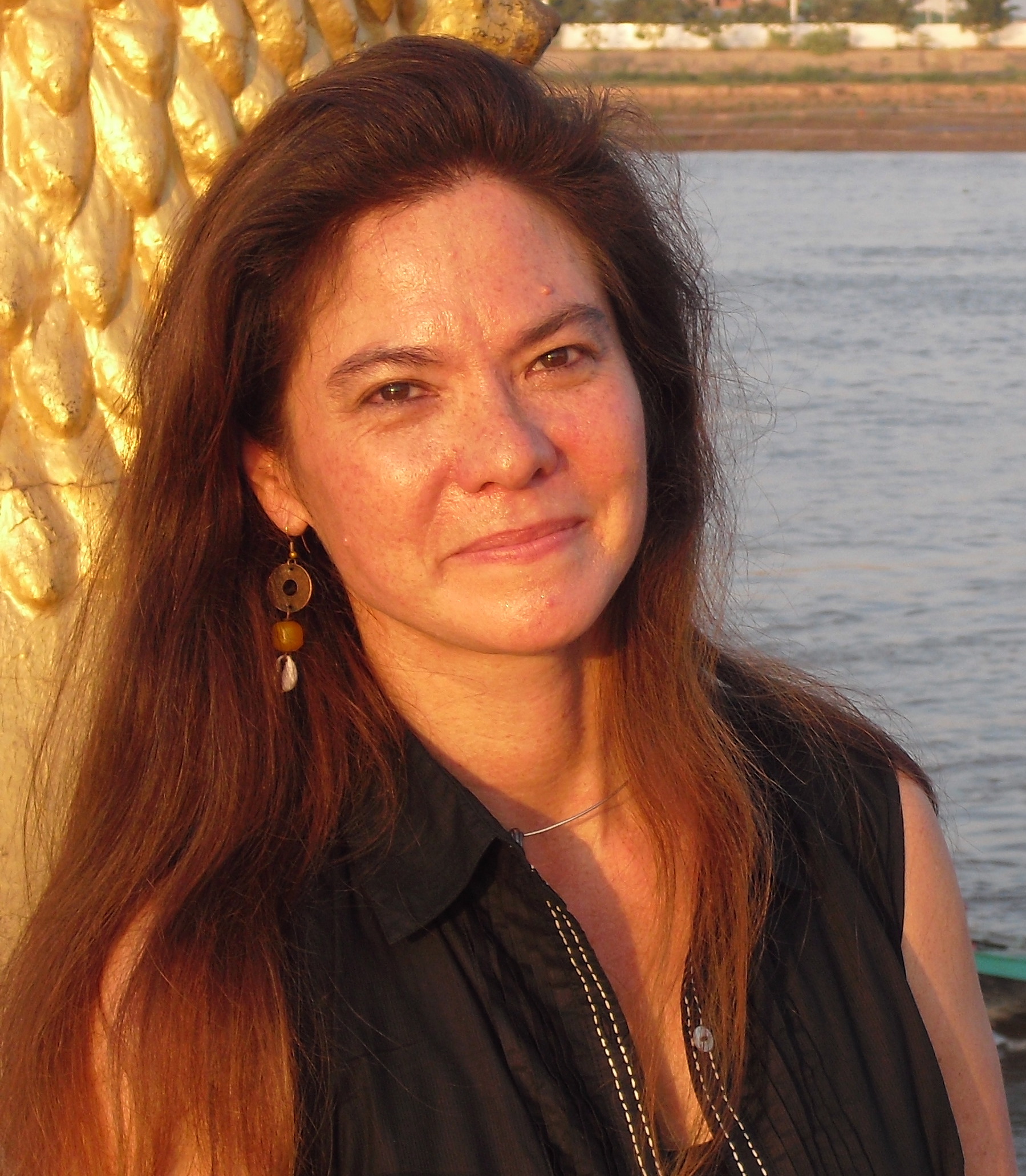Bio
Kim DoHyang Reimann is associate professor in the Department of Political Science at Georgia State University in Atlanta. Her areas of expertise and research interest include Japanese politics and political economy, international relations of East Asia, nongovernmental organizations and world politics, transnational social movements and environmental politics in Asia.nothing returned from database

